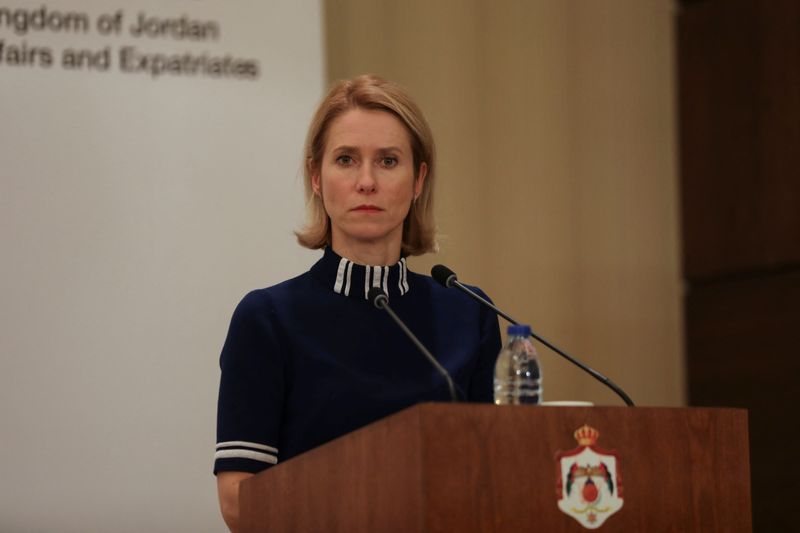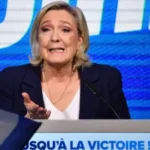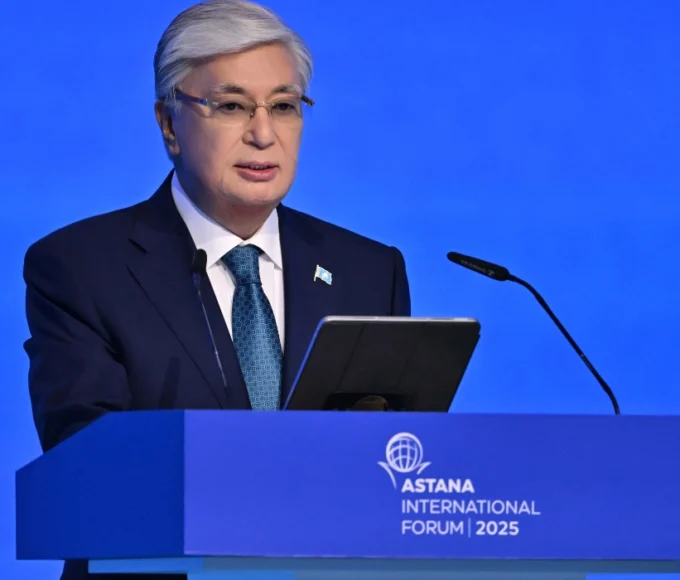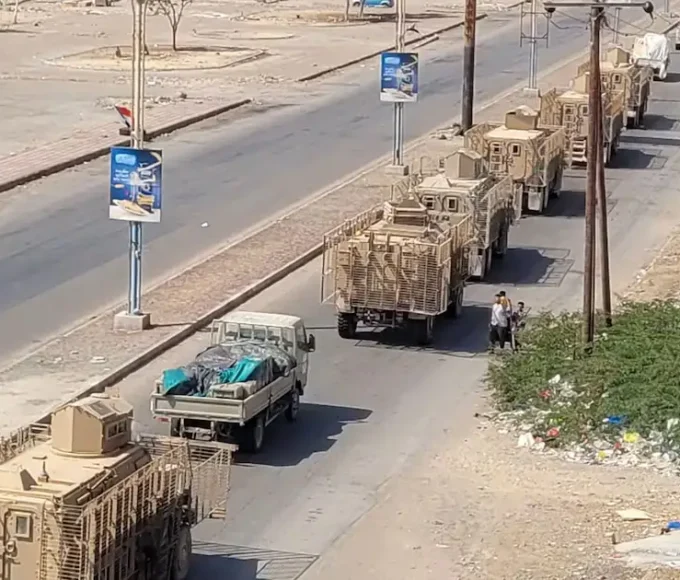The European Union will not lift its sanctions on Syria until the country’s new leaders demonstrate concrete steps to protect minorities and the rights of women within a unified government that rejects religious extremism, said Kaja Kallas, the newly appointed European foreign policy chief.
Speaking at a meeting of EU foreign ministers in Brussels on Monday, where Syria was the primary focus, Kallas made it clear that increasing European financial aid to Syria was not under discussion. The EU is already the largest donor of humanitarian assistance to Syria, she pointed out, with much of the aid funneled through United Nations agencies.
“One of the issues we are considering is whether we can envisage adjusting the sanctions regime in the future. But that is clearly not the question today; it’s something for the future, when we will have seen that the measures taken are moving in the right direction,” Kallas told Reuters during an interview.
The EU has implemented a robust sanctions regime against Syria, targeting various sectors of the government and military. However, the situation is complicated further by the involvement of Hayat Tahrir al-Sham (HTS), the rebel group that has played a central role in overthrowing President Bashar al-Assad’s regime. HTS has also been under EU sanctions for years, making it difficult for the international community to navigate a cohesive approach to Syria.
Despite these challenges, Kallas affirmed that the EU is committed to supporting Syria, stating, “We must discuss what more we can do, but as I said, this is not a blank check.” The EU’s primary concern remains ensuring the protection of Syria’s minorities, which is a top priority for international diplomacy in the region.
Kallas made her comments after attending a conference in Jordan on Saturday, where regional and Western powers gathered to discuss Syria’s future after the fall of the Assad regime. Diplomats at the conference agreed that safeguarding the rights of minorities was critical in shaping Syria’s future.
“The future of Syria is full of hope but uncertain,” Kallas stated, marking her first visit to the Middle East in her new role. The situation in Syria remains volatile, and Kallas emphasized that the country’s new interim leaders had shown “positive signals,” but those signals are not yet enough to justify a shift in EU policy.
“They will be judged by their actions, not just their words,” she said, adding that the coming weeks and months would be crucial in determining whether their actions align with the expectations of the international community.
A significant part of the EU’s assessment will focus on the treatment of women and girls, which Kallas highlighted as an indicator of societal progress. “What everyone is looking at, of course, is how women and girls are treated, as that reflects how society works and how institutions are built. A government that takes everyone into account is crucial,” she explained.
Human rights organizations have long criticized the Assad regime for the deaths of tens of thousands of Syrians under its authoritarian rule. Kallas also reiterated that Bashar al-Assad must be held accountable for the crimes committed during his time in power, adding that the International Criminal Court (ICC) should investigate ways to pursue justice against him.
“It is clear that Mr. Assad is responsible for the crimes committed in Syria and must therefore be held accountable,” she said. “Without accountability, there is no justice, and without justice, it is very difficult to rebuild the country.”
As Syria faces an uncertain future, the EU’s position remains firm: sanctions will not be lifted unless there is clear evidence of progress in human rights protections and government reforms. The situation in Syria continues to evolve, but the EU is adamant that the country’s leaders must show genuine commitment to reforms before any major policy changes are made.
This article is originally published on boursier.com








